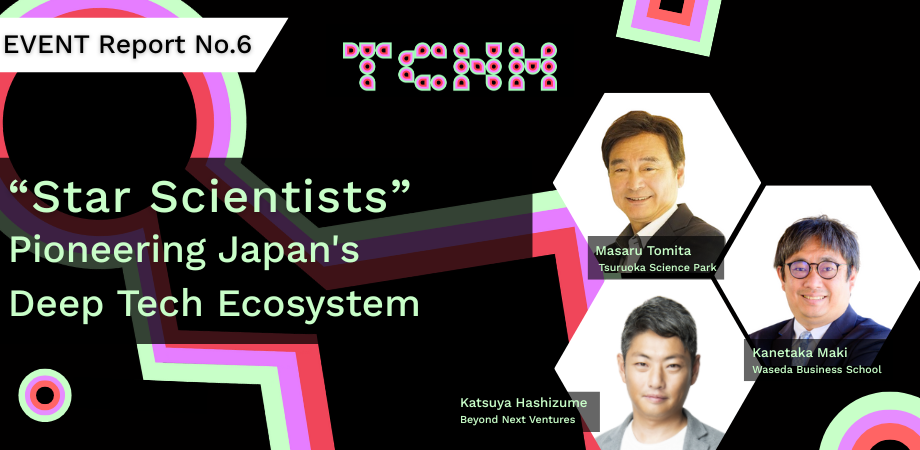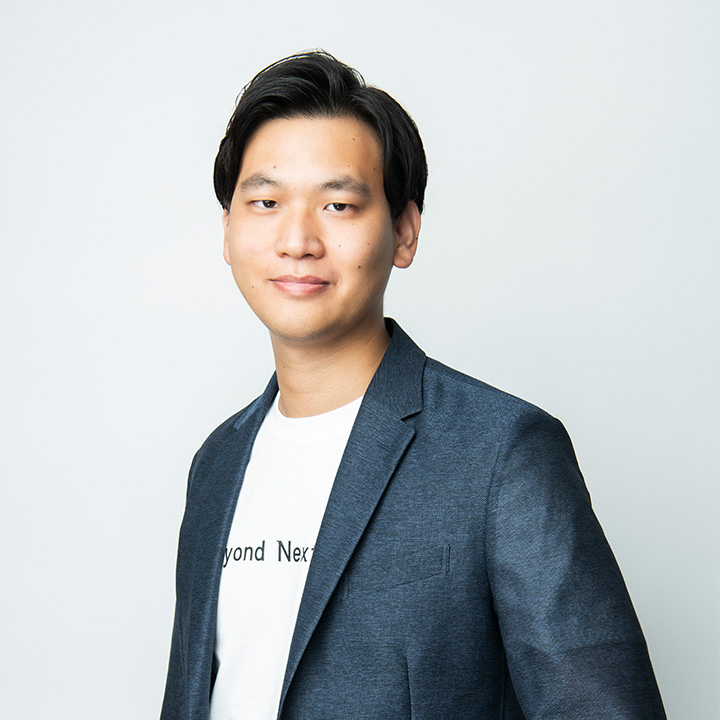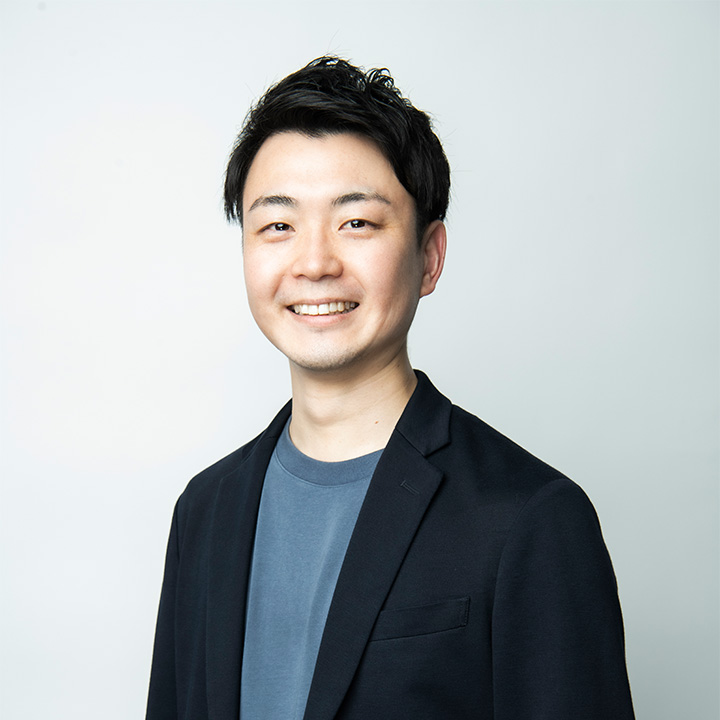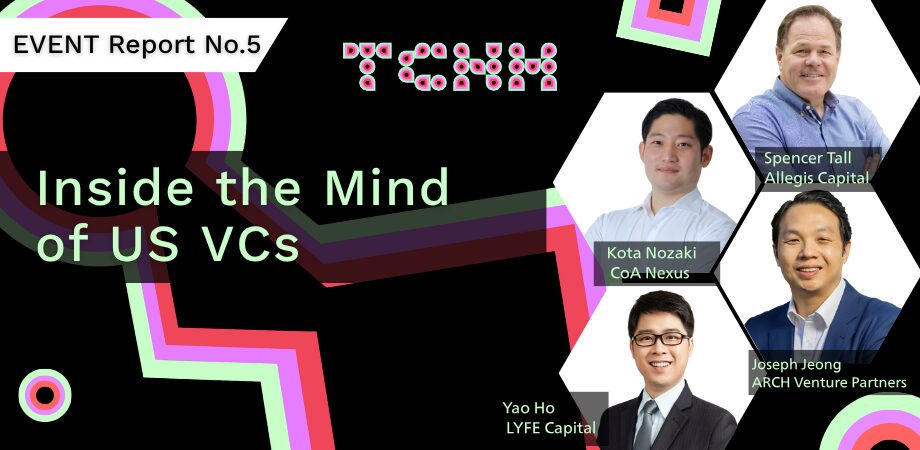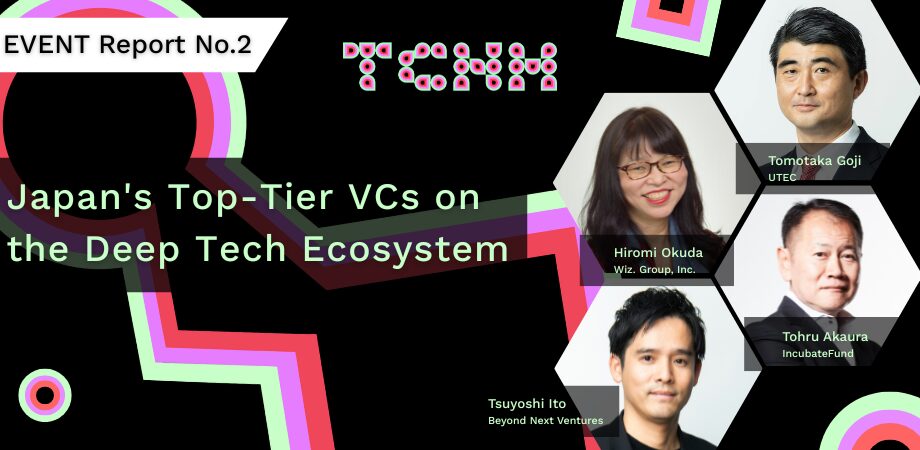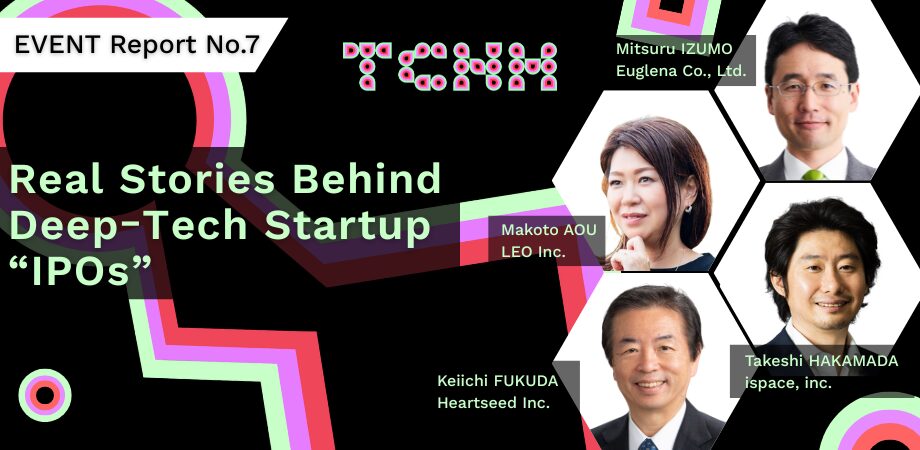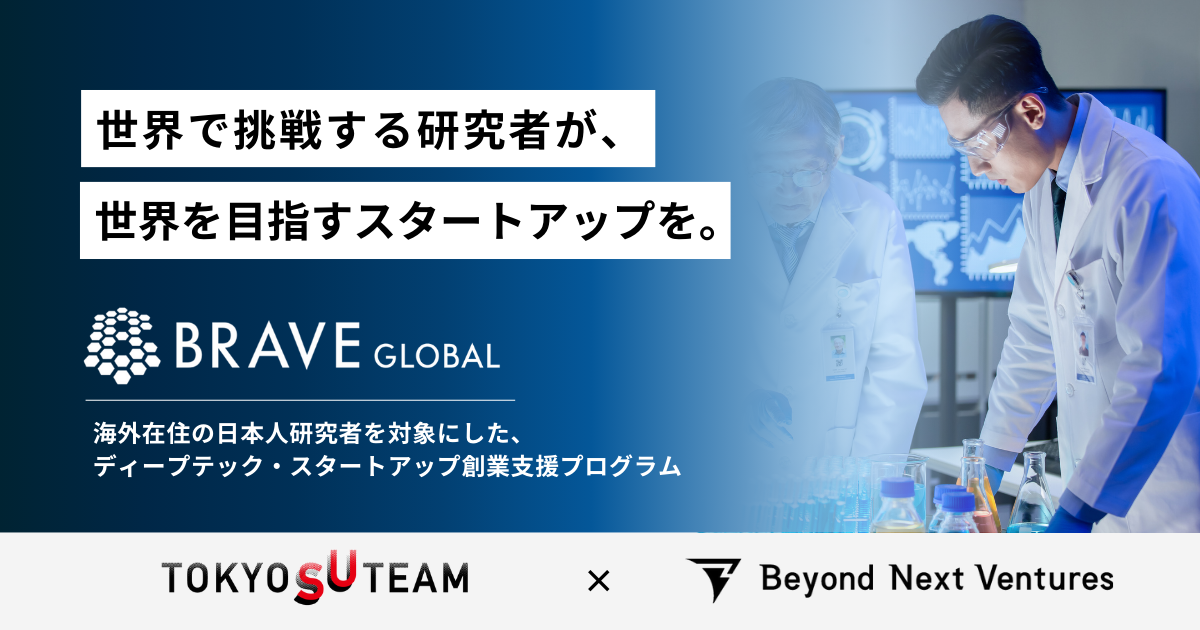Beyond Next Ventures co-hosted the TECHNIUM Global Conference, Japan’s first international conference dedicated to deep-tech on May 7-8. It brought together leading players driving Japan’s deep-tech startup ecosystem and featured a wide range of insightful sessions.
As this conference was invitation-only and received a great deal of attention, we are excited to share some highlights from the sessions for those who were unable to attend in person.
In this event report, we will introduce a session titled “Star Scientists Pioneering Japan’s Deep Tech Ecosystem –How Rising Stars are Born? Theories and Practices Behind Their Creation”, which was held during the conference.
Session Title:
Star Scientists Pioneering Japan’s Deep Tech Ecosystem –How Rising Stars are Born? Theories and Practices Behind Their Creation
Moderator:
Katsuya Hashizume, Executive Officer & Partner at Beyond Next Ventures
Speaker:
- Masaru Tomita, Director of Tsuruoka Science Park & Honorary Professor at Keio University
- Kanetaka Maki, Associate professor at Waseda Business School
Contents
Definition of Star Scientists & Their Role In Startups
The session started with Kanetaka Maki defining the phenomenon of “start scientists” and how they contribute to the success of startups and companies. He said that “a select group of researchers who perform exceptionally well” in terms of quantity and quality of academic papers, as compared to typical researchers are known as star scientists.
Maki illustrated data points to show that collaboration between star scientists and companies not only results in the company’s growth but also leads to scientists producing higher-quality research, creating a beneficial cycle between science and business.
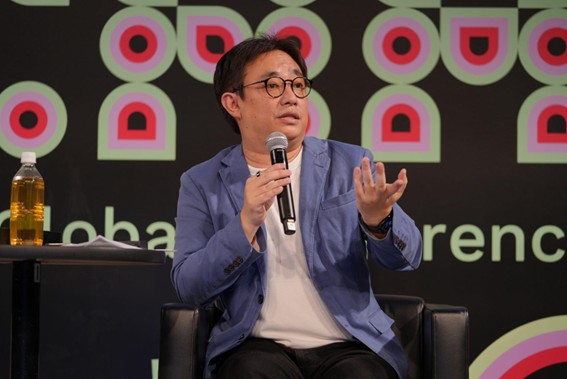
Star Scientists in Japan & How to Nurture The Next Generation
The concept of star scientist has its roots in the US. Maki dwelled into the concept and built his list in 2020 to identify local star scientists and explore ways to nurture the next generation of such talent. He discovered that out of 196 star scientists in Japan, roughly 10% were involved in startups.
“Startups with the involvement of star scientists tend to perform better across IPOs or other exits. This positive cycle between science and business is taking place not just in the U.S. but also in Japan,” he said.
While presently compiling the 2025 start scientists list for Japan, Maki found out that the fields of physics, plant sciences, immunology microbiology, and space sciences consist of a higher share of star scientists and that “focusing on these fields is important for deep tech startup development” in the country.
His findings showed that while the University of Tokyo led the list, national institutes like RIKEN and regional universities were also found to have star scientists. He then briefly touched upon a new concept of “science of success,” according to which social factors like networks, researchers’ topics, and their luck likely play a significant role in shaping the next generation of star scientists when the competition is among the top candidates.
The moderator Hashizume then requested Japan’s star scientist Professor Masaru Tomita to speak about his interactions with researchers at Tsuruoka Science Park that gave birth to various local deeptech entrepreneurs like Kazuhide Sekiyama, director and representative executive officer at Spiber Inc.
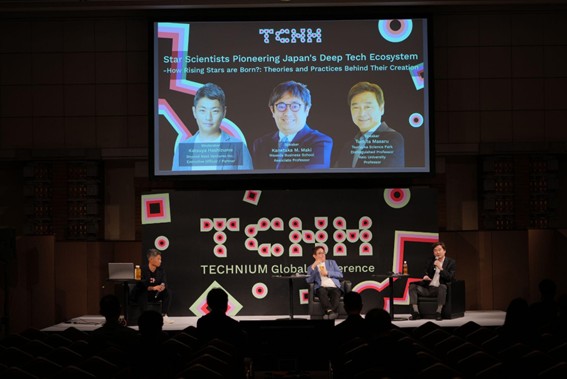
Choosing Unprecedent Is The Key, Says Star Scientist Prof. Tomita
“Progress in a society and organizations takes place when someone dares to do something unprecedented. That’s our motivation—to be the first to try,” said Tomita, adding that doing “interesting and enjoyable” things and pursuing unconventional topics is the key to innovation.
He highlighted the importance of researchers’ building a business or company and making profits to be able to bring their breakthrough technology into the society and benefit common people, but said money should not be the goal. “All the students and graduates at Tsuruoka chase what’s interesting to them” over money.
To build that mindset he stressed on the importance of exploring fundamental questions outside formal meetings.“It’s during the informal settings where genuine discussions such as why a research should be done and how it can positively impact society emerge.”
Dismissing conventional approaches like building a five-year plan and performance goal, as well as decision-making by ten board members at big corporations, Tomita said they aren’t suitable for innovations.
He lives by this idea. When asked by reporters the outlook of Tsuruoka, he simply says “I don’t know.”
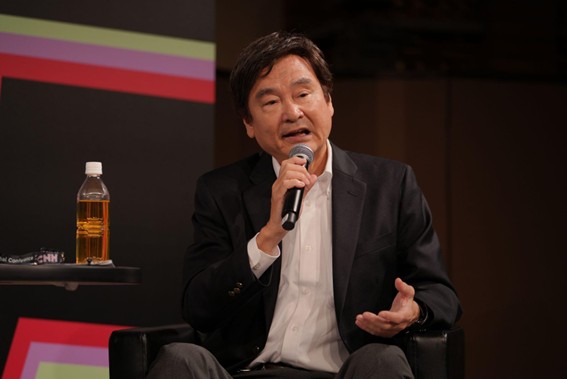
Rather, he said, the journey of a breakthrough innovation includes having 80% people not believing in an idea initially to it succeeding 10 years later, and stressed that having a “compelling vision” and knowing the art of storytelling is quite important.
Many local government officials approach Tomita for tips to build an institute like Tsuruoka. He said that Japanese people tend to seek quick answers and know-how but “that’s not the point. It’s really about this mindset or culture at Tsuruoka where we don’t appreciate normalcy.”
Concluding Remarks:
When Hashizume asked the speakers to give final comments, Maki said “it’s crucial to avoid relying on a single fixed definition of a star scientist. In a world of diverse values, there are many different ways people can become stars.”
Multiple definitions or criteria are essential to prevent an ecosystem that benefits only a select few and instead foster the growth of a diverse and competitive talent pool.
Meanwhile Tomita said,“If we were to call Nobel laureates as star scientists, they would include not only top students with high scores, but also many who disliked studying.”
Interestingly, among Japanese Nobel winners in natural sciences, many have had the experience of being ronin (taking a gap year)–after they could not get into desired universities–or failed to proceed to the next academic year, he remarked.
“So, I believe that people who meticulously study all seven subjects and get perfect A grades are not suited to be researchers or entrepreneurs,” he said, further explaining that they are ideal for roles like vice president or secretary-general, as long as they avoid mistakes.
Criticizing Japan’s education system that celebrates perfect exam results like chat GPT, Tomita said such practices stifles innovation. He pointed at a society’s inability to raise a talent and said the key is to let “interesting people” flourish by “leaving them on their own” and letting them follow their passion without unnecessary interference such as forcing them to study subjects they dislike.
The TECHNIUM Global Conference attracted around 2,000 participants over two days. The event featured over 500 showcases of cutting-edge technologies and research seeds, along with themed sessions on key fields such as healthcare, drug discovery, biotech, climate tech, space, and AI.
The conference also provided numerous practical networking opportunities, bringing together researchers, startups, investors, and corporations. Over 1,000 business meetings took place at the dedicated matching booths, contributing to the vibrant energy of the event.
Stay tuned for more detailed reports on the various sessions and happenings at TECHNIUM!
TECHNIUM Global Conference official website: https://tcnm-gc.com/#EN

